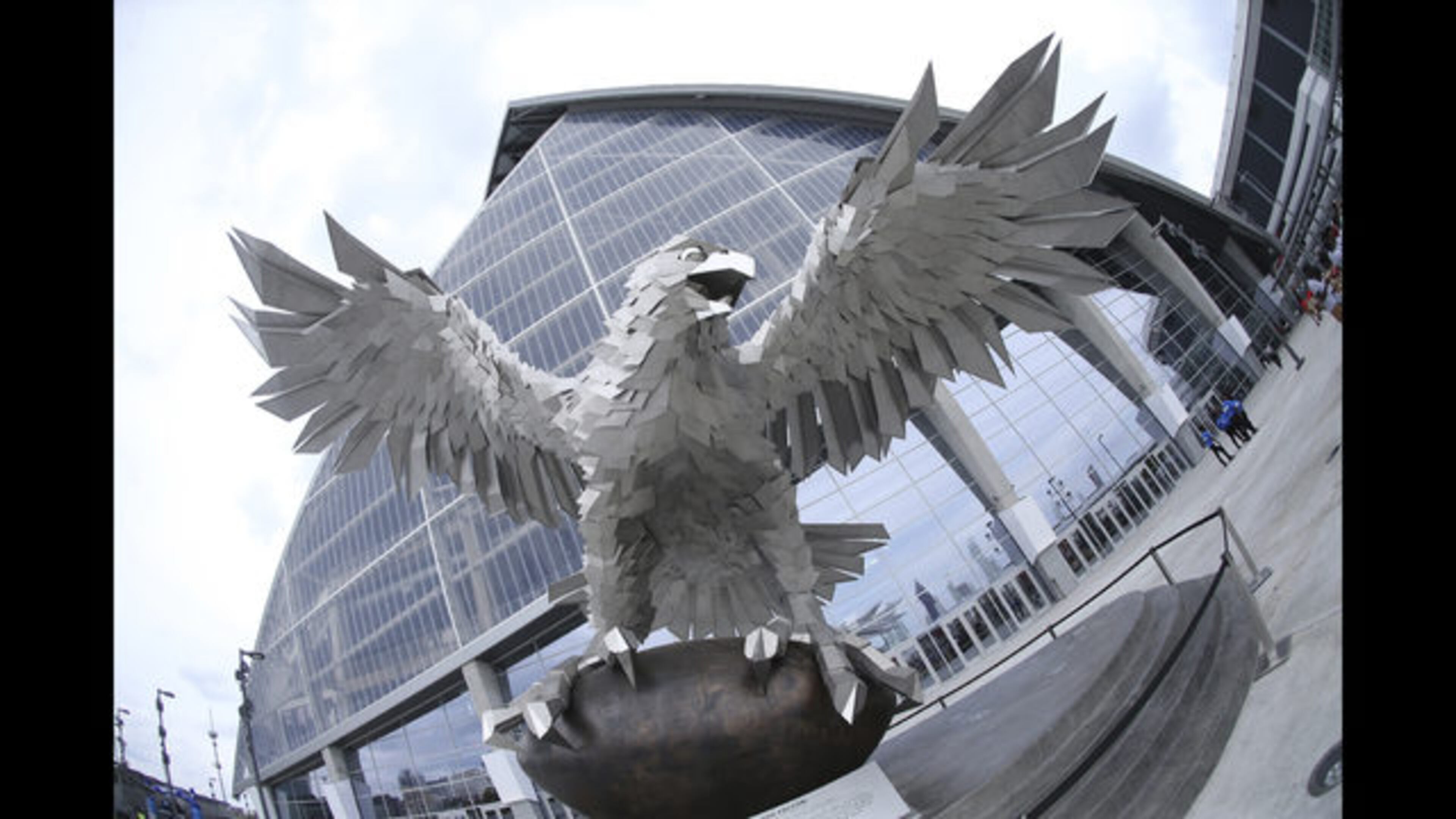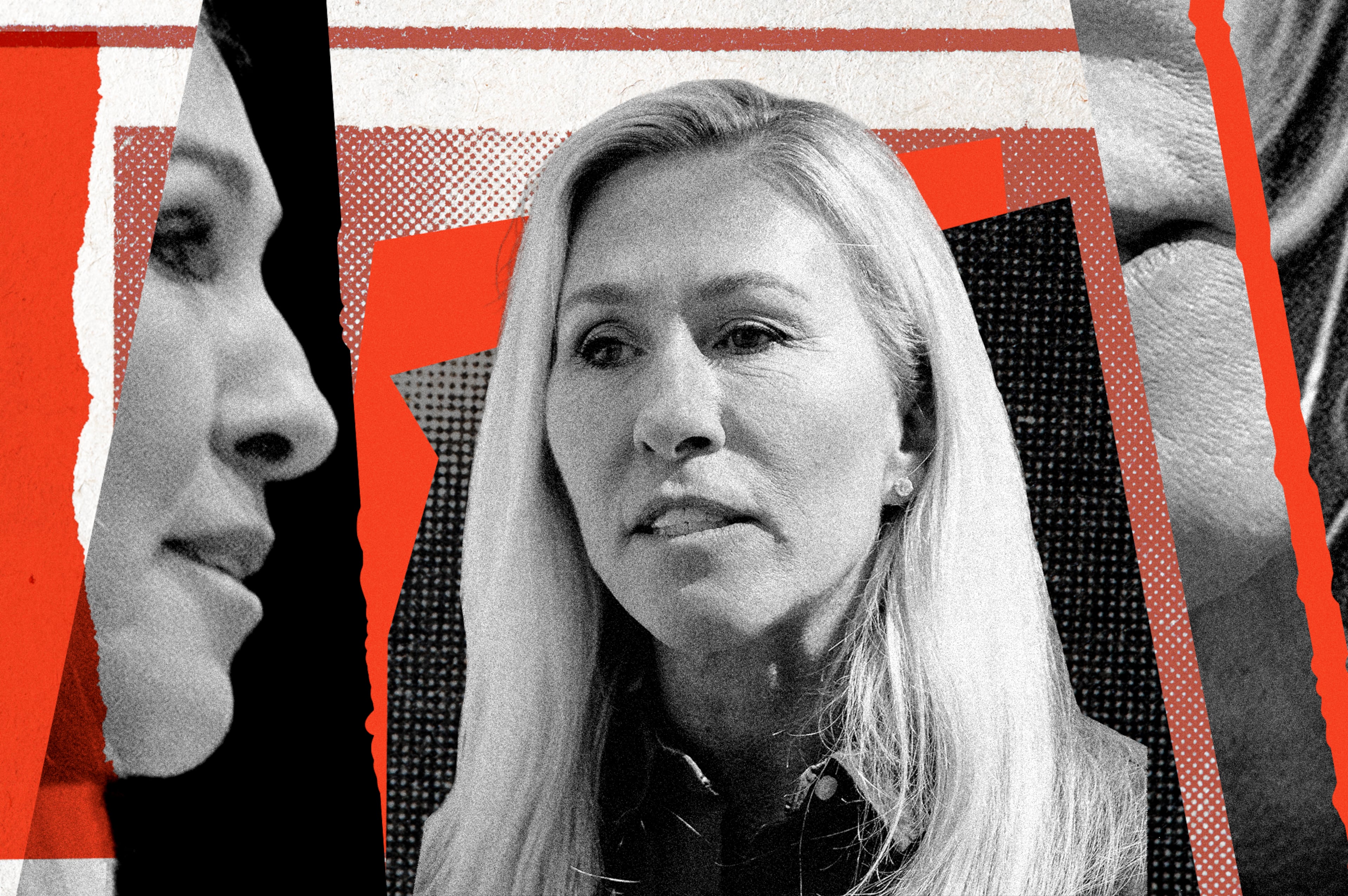Falcons will miss goal of PSL sellout by home opener

The Falcons will play their first regular-season game in Mercedes-Benz Stadium without having met the organization’s long-time goal to sell out of personal seat licenses.
Slightly more than 57,000 seat licenses have been sold, leaving “around 2,500” still available, according to Falcons chief revenue officer Michael Drake. He acknowledged for the first time that the PSLs won’t be sold out by Sunday night’s game against the Green Bay Packers.
“We’ve still got a little bit of work. It’s about 96 percent (sold),” Drake said. “… Unfortunately, I would have loved to have been completely sold out by Green Bay.
“I’ve always said I think I can get this thing sold out before our home opener. We’re going to fall a little short.”
The Falcons had sold 57,040 seat licenses for a total of $266.9 million as of Friday, Drake said. That included 6,540 club seats and 50,500 non-club seats.
The Falcons had publicly expressed confidence throughout the sales process, including as recently as July, that they would sell out of PSLs before the team's first regular-season game in the new stadium. They had sold 55,113 through July 20 and sold another 1,927 from then until Friday.
The sale of seat licenses, which are required for the right to buy Falcons season tickets, will continue as long as seats are available.
But the Falcons still don’t plan to sell single-game tickets, Drake said. That has been the team’s position throughout the PSL sales, which started in January 2015.
Seats with unsold PSLs will be added to the group-sales inventory for now, Drake said.
The seat licenses carry one-time fees ranging from $500 to $45,000, depending on location and amenities.
Although the stadium has a seating capacity of about 71,000 for Falcons games, some seats are excluded from the PSL program, such as those in suites, in sponsorship deals or for players’ families, visiting-team officials, group sales to community organizations and other purposes. The number of excluded seats was expected to be around 10,000 but apparently has increased slightly with more set aside for community groups. The number of sponsor tickets also has been fluid.
The Falcons have had to sell some seat licenses more than once because of defaults on purchase contracts.
According to figures obtained from the Georgia World Congress Center Authority through an open-records request, about 2,000 PSL account holders have received default letters since December for not making required payments on their seat licenses or season tickets.
Drake said a significant number of those who were in default caught up on payments after receiving the letters and retained their seats. Other seats, however, were re-sold by the Falcons.
One former long-time season-ticket holder provided The Atlanta Journal-Constitution a copy of a letter from the GWCCA dated Aug. 14 informing him that “because you did not purchase Falcons Season Tickets for the Seats by the payment deadline specified this year by the team your PSL terminates effective immediately.”
The letter stated: “Be advised that no amounts previously paid by you shall be refundable. The PSL for Seats and the Tickets for Seats may be released, reissued, sold, given, used or otherwise transferred without any compensation to you.”
According to GWCCA figures, 790 such ticket-default letters were sent out in August.
Seat-license holders can sell their PSLs, but “only if Licensee is not in default of the terms of (the) License Agreement,” according to the contracts between account holders and the Falcons.
Revenue from the seat-license sales goes toward the cost of building the stadium. The $266.9 million in PSL sales as of Friday accounts for about 18 percent of the $1.5 billion cost.
Other funding sources for construction included $200 million from bonds backed by Atlanta hotel-motel taxes, $200 million from the NFL and $850 million in long-term financing secured by the Falcons organization from banks and institutional investors.
Some contractually obligated revenue from stadium naming rights, other sponsorship deals and suite sales are pledged toward re-paying the $850 million in debt, the Falcons have said.
The $200 million for construction from hotel-motel taxes doesn’t include hundreds of millions of additional dollars from the same tax that will go toward the stadium over the next 30 years.
The amount of the total public contribution depends on how much tax is collected because 39.3 percent of annual collections from a 7-cents-per-dollar tax on hotel rooms will be directed to the stadium for debt service, capital improvements, operations and maintenance. Over 30 years, that total likely will top $700 million.



